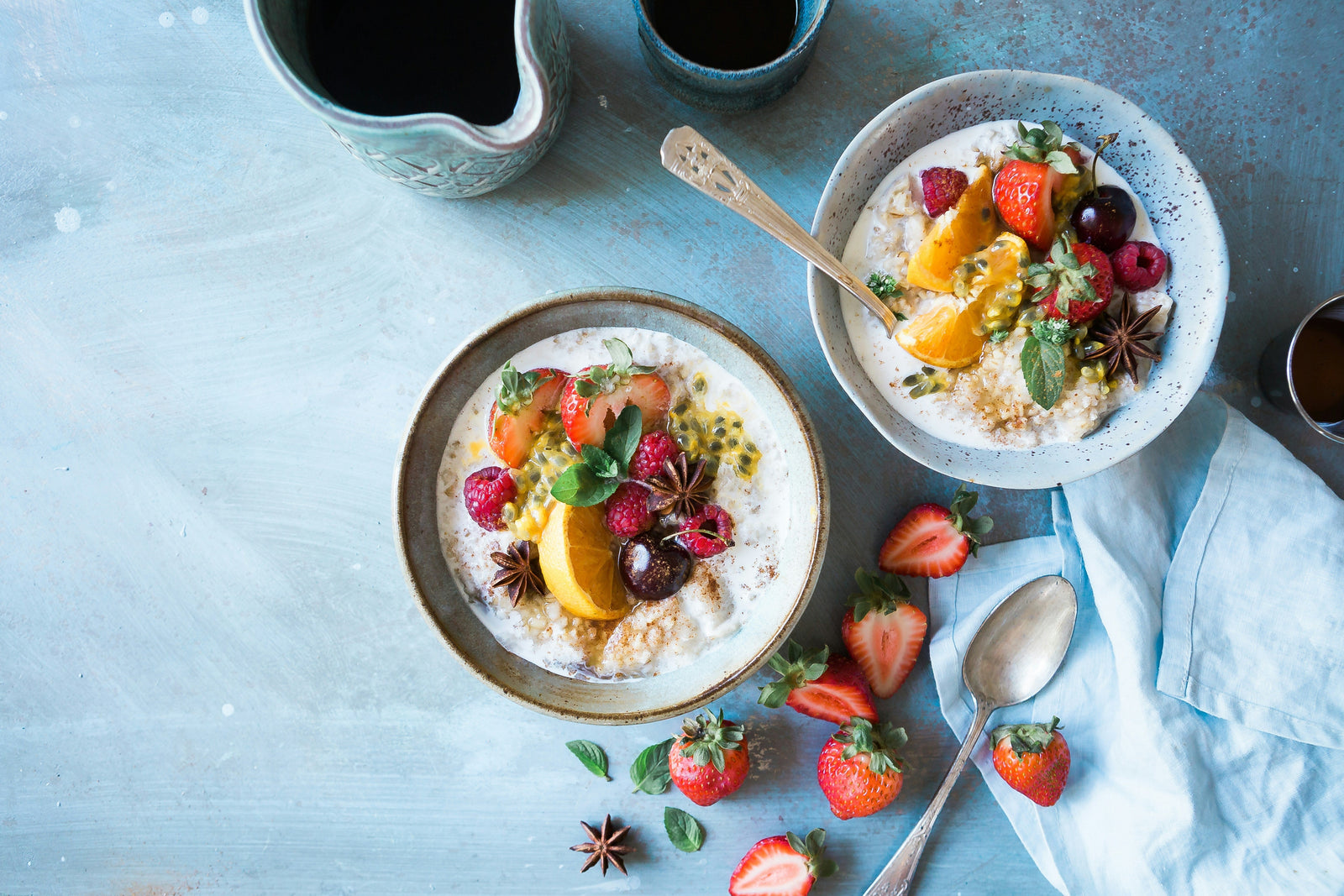Your Cart is Empty
Continue shoppingHow Gut Health Impacts Kid’s Mental Health
Medically Reviewed by May Zhu, RDN | Published May 23, 2024
share this article

The gut is often referred to as the "second brain" due to its intricate connection with mental health. While this link has been extensively studied in adults, its impact on the mental well-being of kids is equally significant and increasingly recognized. In this blog, we’ll review how gut health influences the mental health of our little ones.
What is Gut Health in Kids?
The gut microbiota, consisting of trillions of bacteria, fungi, and other microorganisms, plays a crucial role in maintaining overall health. A healthy balance of gut bacteria is essential for proper digestion, nutrient absorption, immune function, and even mental health regulation.
Daily reads to help your little ones lead happier and healthier lives.
Buy Now
Join the
Happy Gut Club
Gut Microbiota and Mental Health in Kids
-
Neurotransmitter Production: The gut microbiota produces neurotransmitters such as serotonin, dopamine, and gamma-aminobutyric acid (GABA), which are crucial for mood regulation and emotional well-being. Research inNutritional Neuroscience suggests that alterations in gut microbiota composition can lead to imbalances in neurotransmitter levels, potentially contributing to mood disorders in kids [1].
-
Inflammation and Immune Response: An imbalance in gut bacteria can trigger inflammation and immune system dysregulation, which have been linked to mental health disorders like anxiety and depression. A study inBrain, Behavior, and Immunity found that chronic inflammation resulting from gut dysbiosis is associated with increased risk of developing mood disorders in adolescents [2].
-
Stress Response: The gut-brain axis, a bidirectional communication system between the gut and the brain, plays a crucial role in the body's response to stress. Disruptions in gut microbiota composition can affect this axis, leading to heightened stress responses and anxiety in kids. Research inPsychoneuroendocrinology suggests that probiotics, which promote a healthy balance of gut bacteria, may help mitigate stress-induced anxiety in little ones [3].
-
Dietary Influence: Diet plays a significant role in shaping the composition of gut microbiota. Consuming a diet high in processed foods, sugars, and artificial additives can negatively impact gut health and contribute to mental health issues in kids. Conversely, a diet rich in fiber, fruits, vegetables, and probiotic-rich foods supports a healthy gut microbiome and may reduce the risk of mental health disorders. A study inFrontiers in Psychiatry found that a Mediterranean-style diet, characterized by high fiber and nutrient-rich foods, is associated with a lower prevalence of depression and anxiety symptoms in adolescents [4].
-
Gut-Brain Communication: The gut and the brain communicate through various pathways, including the vagus nerve and the release of signaling molecules. Disruptions in this communication system can affect mood, cognition, and behavior in kids. Research inNeurogastroenterology & Motility suggests that interventions targeting gut health, such as probiotics and dietary modifications, may have therapeutic potential in improving mental health outcomes in little ones [5].
Summary
The gut-brain connection plays a vital role in shaping the mental health and well-being of kids. Disruptions in gut microbiota composition, inflammation, stress response, and dietary factors can all influence mental health outcomes in little ones. By promoting a healthy gut microbiome through diet, probiotics, and lifestyle interventions, parents can support the mental well-being of their kiddos and help them thrive emotionally and psychologically.











